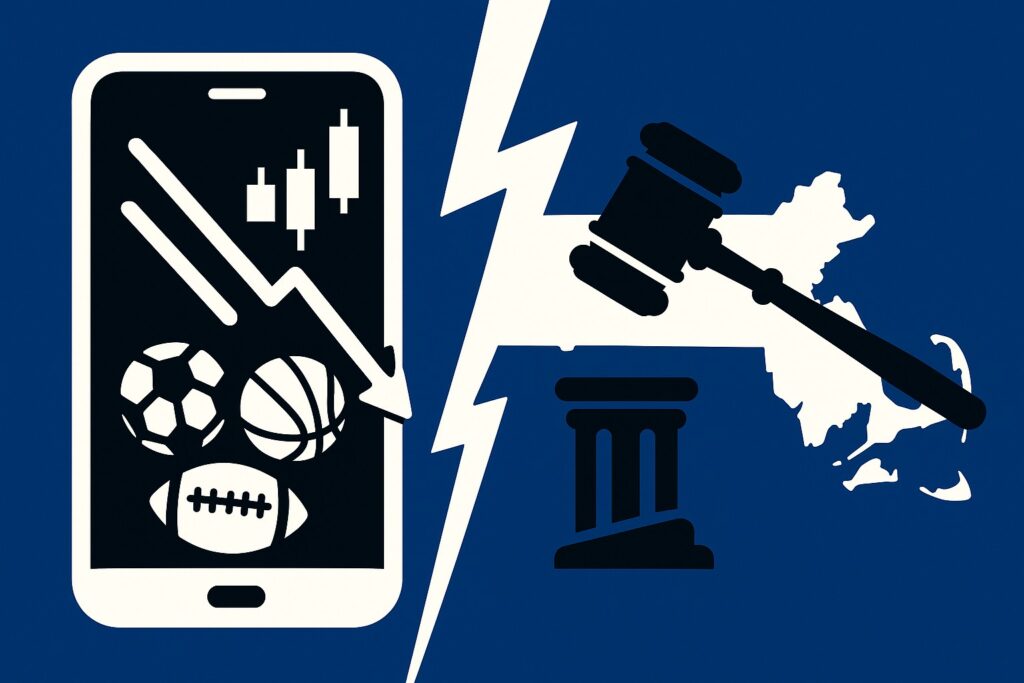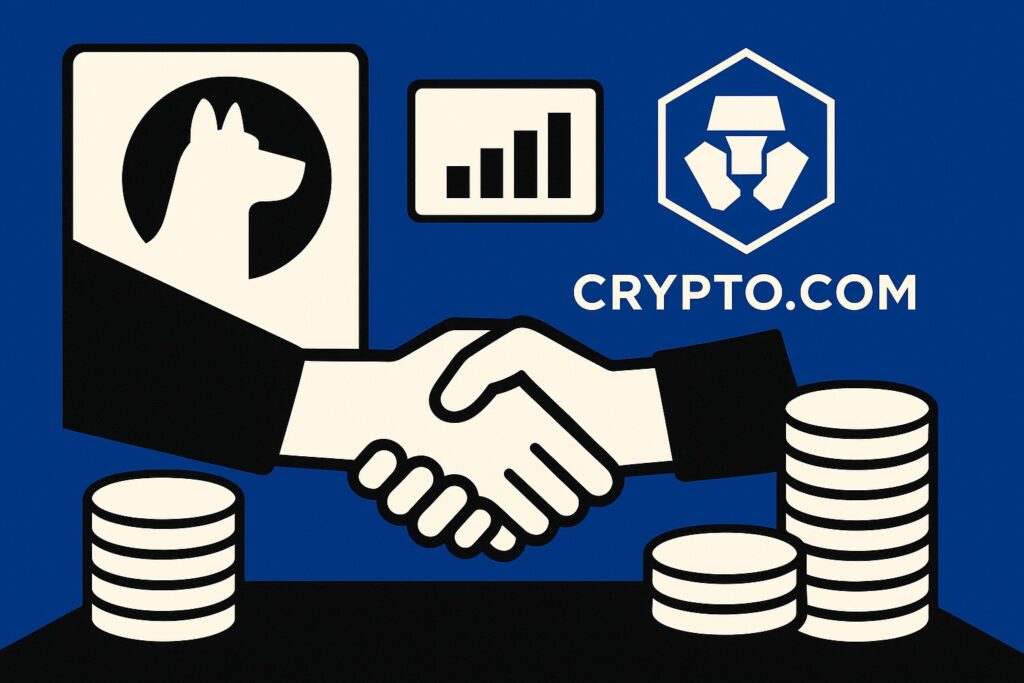The landscape of online prediction markets is no monolith. Multiple operational formats are within the category, with varying standards for permissible behavior and transactions on the numerous platforms.
Concerns have arisen over insider trading on these platforms, expressing doubt about whether exchanges have sufficient safeguards. While consumers need to inform themselves about policies and risks before committing financially to any positions, that necessity escalates with divergent policies on trading with non-public information.
Kalshi vs. PredictIt rules on accessing exchanges with non-public information
A great example of the variance in platforms is visible in Kalshi and PredictIt. Both of these websites offer people the opportunity to buy into prediction markets with real money, with the opportunity to potentially make a profit.
These two companies have varying stances on people buying positions on their platforms with information that is not available to the public. Kalshi’s May 16, 2025 Rulebook v1.2 puts its policy in clear language.
“Under no circumstances is any person allowed to trade on the basis of any material, non-public, information.”
PredictIt’s conditions and terms cast a very different tone for users.
“The Website is not a stock exchange, and there are no controls on market manipulation or trading on the basis of ‘inside information.’ You confirm that you fully understand the risks that this entails, or, if you do not understand these risks, you agree to obtain appropriate independent advice before using the Website.”
As that section of PredictIt’s T&Cs points out, PredictIt is not regulated in the United States by the Commodity and Futures Trading Commission (CFTC). It operates legally in the US under a court-enforced “no-action” stance from the CFTC.
Kalshi, however, is regulated by the CFTC, explaining the drastic difference on this issue between it and PredictIt. While PredictIt essentially has a “buyer beware” policy on insider trading, Kalshi’s regulated status does not absolve users of that website of their obligation to carefully consider their financial decisions.
Compliance is the responsibility of regulated platforms
In many facets of everyday life, there is no omniscient hand preventing violations of laws and regulations. Jaywalking, for example, is a common offense that many people in the US commit regularly with impunity.
The same principle applies in the regulation of exchanges like Kalshi. Jamie E. Wright, top Los Angeles litigator and founder of the Wright Law Firm, explains the concept.
“The CFTC is not sitting at every trading desk on platforms like Kalshi, watching every move,” Wright commented. “That is not how regulation works. But these exchanges are not operating in a vacuum either. The CFTC expects them to build strong, proactive compliance systems. That means real-time monitoring tools, thoughtful pre-trade controls, and staff who are actually trained to catch suspicious behavior. And when something does go wrong or even looks questionable, the agency has real power. It can issue subpoenas, impose steep fines, shut down contracts, or even pull the exchange’s status entirely. Their reach may not be constant, but it is very real when activated.”
For prediction market platforms like Kalshi, keeping the CFTC from activating those enforcement and investigation channels is the motivation to comply with standards like preventing insider trading. Even with those compliance mechanisms in place, though, much of the action is reactionary rather than proactive.
Proactive safeguards can be a difficult undertaking
Some prediction exchanges have banned the use of their websites by elected officials. The motivation was to allay concerns about insider trading on markets connected to elections and political decisions.
However, markets like Kalshi and PredictIt offer positions in other types of markets that actions in the private sector influence. Exchanges are free to place limits of their choosing to limit their liability, according to Wright.
“Exchanges like Kalshi and PredictIt are not public utilities,” Wright said. “They are private platforms. That means they are allowed to set terms of use that limit who can participate. If someone’s job or connections raise a red flag, the exchange has the right to restrict them. There is no legal right to bet on the future for profit, and these platforms are not obligated to include everyone.”
At the same time, it’s fair for consumers to question whether the exchanges are screening users for potential conflicts before they invest in positions. The more likely scenario is that compliance staff are on guard for any activity that suggests a potential issue and use their power to freeze the account as an investigation ensues.
Kalshi users risk more consequences than just having their accounts frozen and contracts cancelled if they try to influence markets with non-public information, though.
Potential legal ramifications of insider trading for users
When it comes to legal consequences for trading with insider information, there is again a great difference between regulated and unregulated markets. Wright explains what might happen for Kalshi users.
“If a corporate executive uses confidential information to place bets in a prediction market that mirrors economic or financial outcomes, they are taking a serious legal risk,” Wright stated. “The fact that it is not the stock market does not make it safe. Insider trading laws and fraud statutes still apply. The Commodity Exchange Act and other enforcement tools are available to regulators. And both the CFTC and the Department of Justice have shown they are willing to use them. The structure of the market may be different, but exploiting nonpublic information is not suddenly acceptable just because the setting is novel.”
For platforms that are not regulated by the CFTC, like PredictIt, however, there is no threat of prosecution along these lines. Additionally, arbitration clauses in the T&Cs that users must agree to to use the platform likely prevent any civil litigation from users who feel that they have been wronged by the market’s lack of controls against insider trading.
Insider trading is a concern in all markets and a reason for consumers to be vigilant with their finances. In the world of prediction exchanges, knowledge is power for users.




